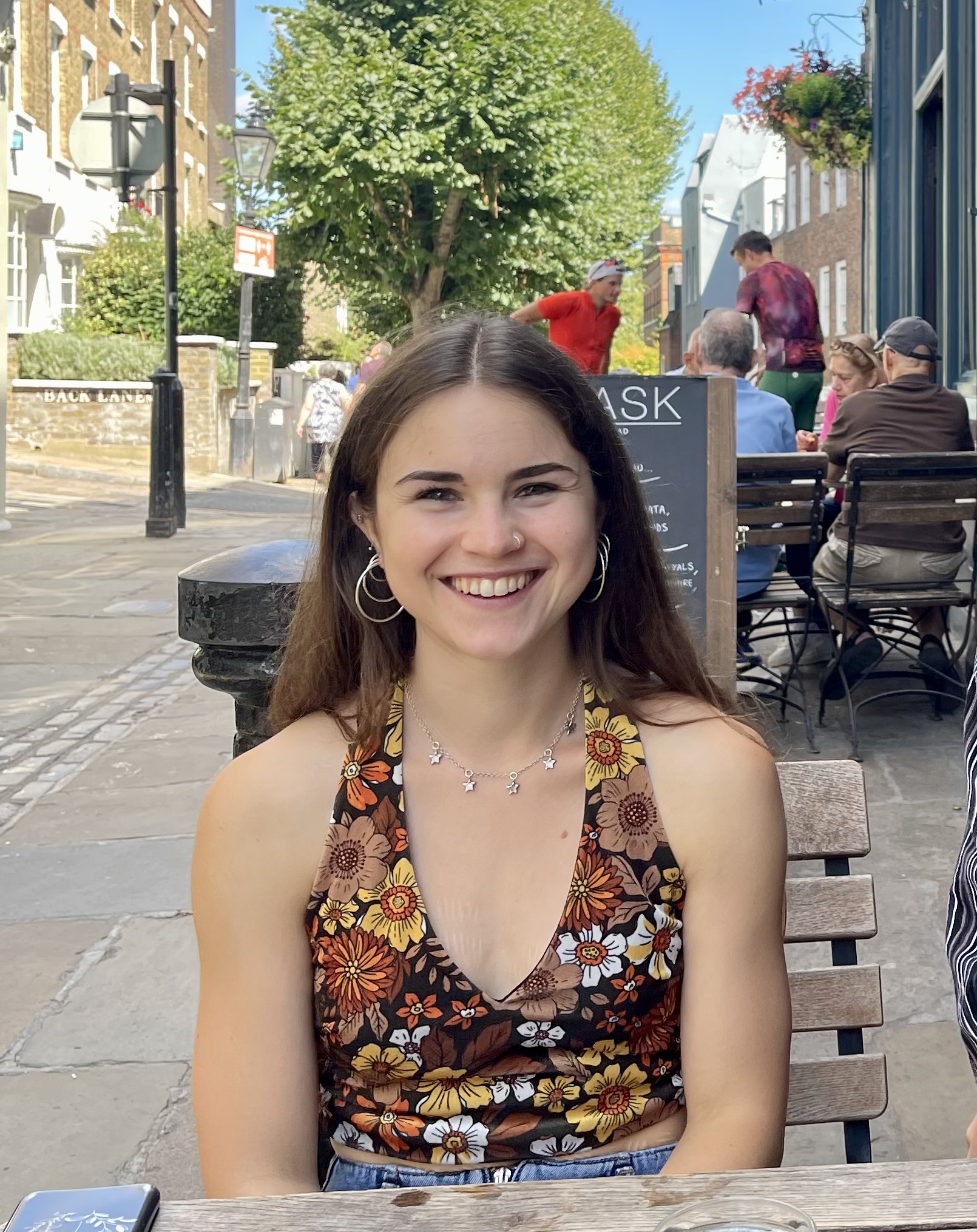MRes Clinical Research (Diabetes and Obesity) (22/23)
What did you most enjoy about your course?
 The most enjoyable aspect of the course was how involved and immersed it was possible to become in a project. Like many in my cohort, COVID had meant that my previous practical research experience was minimal. Because of this, my main aim during the MRes was to learn what it felt like to be fully involved in research. Being able to spend a whole year on a project meant that there was plenty of time to gain practical skills whilst also reading broadly. For me, this meant I was able to collect data in a nutrition intervention, gain lab experience by analysing samples collected during the intervention, and learn new statistical analysis techniques. This range also meant that every day was different, which I really enjoyed.
The most enjoyable aspect of the course was how involved and immersed it was possible to become in a project. Like many in my cohort, COVID had meant that my previous practical research experience was minimal. Because of this, my main aim during the MRes was to learn what it felt like to be fully involved in research. Being able to spend a whole year on a project meant that there was plenty of time to gain practical skills whilst also reading broadly. For me, this meant I was able to collect data in a nutrition intervention, gain lab experience by analysing samples collected during the intervention, and learn new statistical analysis techniques. This range also meant that every day was different, which I really enjoyed.
Another highlight was the stream-specific teaching week. During this week, we were lucky enough to receive lectures from academics from Imperial and more broadly who are carrying out cutting-edge research in their respective fields. This provided a novel opportunity to hear from and ask questions to field-leading researchers, and it was exciting to be exposed to research from fields ranging from bariatric surgery and genetics of obesity to novel technologies for type 1 diabetes.
What did you most appreciate about the Faculty/College?
The interactions I had with academics and staff members - both my supervisor and the rest of the course team - were very valuable. Having such frequent contact with academics during journal clubs, taught sessions, and day-to-day interactions with my supervisor meant that there were always opportunities to learn and ask questions.
My supervisor was incredibly generous with his time, was responsive to my questions, and made sure that I had a balance of independence and supervision. This meant that I was able to learn new skills whilst never feeling too far out of my comfort zone.
How did it feel to receive the Dean's Prize?
It's a great confidence boost! Having chosen to continue in research, it's validating to have previous work recognised. I'm also very grateful for the supervision and advice that I received throughout the MRes that enabled me to put together a good project.
What are you doing now/ What do you plan on doing after graduation?
I feel very lucky to have received a place on the MultiSci MRC DTP PhD program at Imperial. My motivation to stay at Imperial was largely driven by the positive experience I had on the Clinical Research MRes, so I am looking forward to continuing to research here for the next 4.5 years. I feel confident that the skills and experience I acquired during the MRes will leave me well-equipped to carry out research during my PhD.